On Tuesday, mourners around the globe heard world leaders and dignitaries offer stirring tributes to political prisoner, president, former terrorist (at least according to the CIA), and all around great guy Nelson Mandela. Or at least those mourners with functioning hearing did. The deaf bereaved just saw a man flailing his hands around in a mockery of their language. Here’s what we know about the weirdest thing to happen at a state funeral in recent memory:
1. Deaf Community Leaders From Around the World Claim He Was Just “Making Things Up”
Please get RID of this CLOWN interpreter,please! pic.twitter.com/ziAZ4KBFNZ
— Bruno Peter Druchen (@BrunoDruchen) December 10, 2013
The Director of the Deaf Federation of South Africa, Bruno Druchen told the Associated Press the interpreter “was moving his hands around but there was no meaning in what he used his hands for.”
His wife, Wilma Newhoudt-Druchen, a South African parliment member who is deaf herself, tweeted the following:
@NkenkeKekana @GautengANC the so called interpreter on the stage with Cde Cyril is not signing. He's just making up. Get him out of TV sight
— wilma newhoudt (@newhoudt) December 11, 2013
Australian website, SBS News, quoted Bramm Jordan, a board member of the World Federation of the Deaf Youth Section, as saying:
“The structure of his hand, facial expressions and the body movements did not follow what the speaker was saying…What happened at the memorial service is truly disgraceful thing to see – it should not happen at all.”
2. The ANC Has Used This Interpreter Previously, To Similar Results
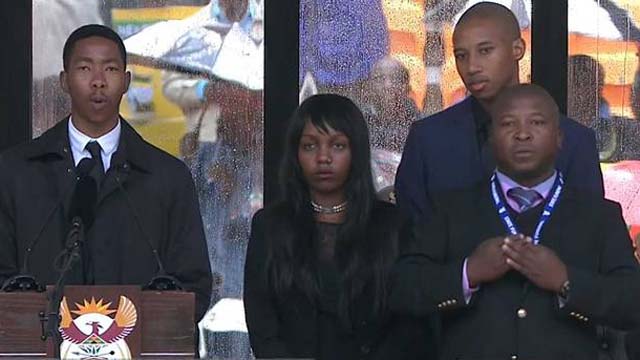
via The Standard
According to the Australian Newspaper “The Age”:
“It is understood the interpreter has performed duties at several previous ANC events and has had questions raised about his capability.”
3. No One Knows His Name
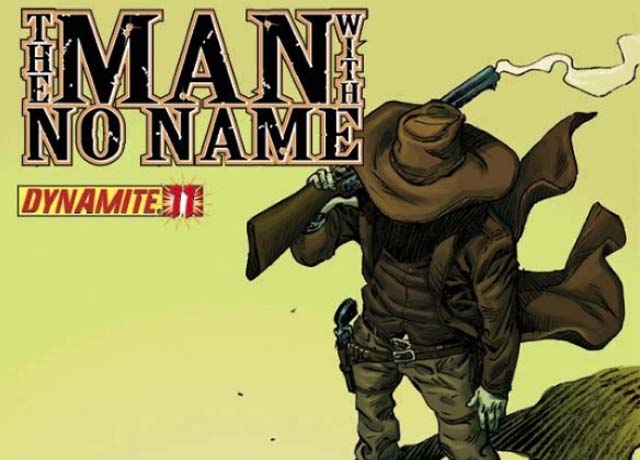
via ifanboy
Delphin Hlungwane, an official South African sign-language interpreter told Reuters: “Nobody knows who he is. Even at this hour we still don’t have his name,” Hlungwane said.
4. The ANC Had Hoped Mandela Funeral Would Distract From Scandals
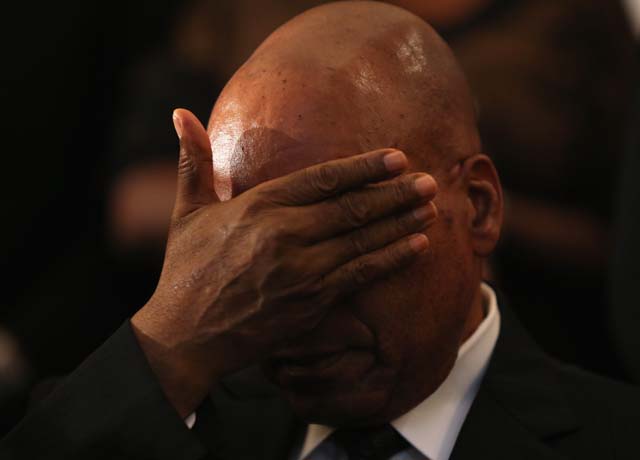
South African President Jacob Zuma (via Getty)
On Monday, The Guardian wrote about current South African President Jacob Zuma’s well-received national address on the death of Mandela, writing that the performance “took the heat off an ailing, scandal-hit presidency.”
Only a week earlier, Zuma and his African National Conference Party, were being flamed in the press for spending the equivalent of $12 million in taxpayer money on his private home in the village of Nkandla.
The Guardian quotes William Gumede, a political author fluent in South African politics, saying earlier in the week:
“Mandela’s death has rescued Zuma politically. He was getting to a tipping point with Nkandla and other crises. It was also the week when the unions were going to decide whether to form their own political party but now that has been postponed.”
He stipulated though, that any political rebound for Zuma would “only be a temporary thing because then there may be a really big backlash. As people focus on Mandela’s legacy and compare him to Zuma, they will see the contrast is so big.”
The ANC was Mandela’s political party, and its current incarnation is desperate to claim his legacy. Less than an hour after Mandela’s death, members of the ANC were singing liberation-era songs in official party colors and regalia.
How well the ANC has lived up to Mandela’s legacy in their 20 years of government control, is a subject of intense debate within the country.
The ANC’s supporters offer a narrative of steady social progress and economic growth. They cite increases in social grants to the poor from $2.5 million in 1993, to 16 million today, and in the percentage of households with electricity from 51.4% in 2001, to 84.6% in 2011.
The counter narrative, offered by the South African trade unions and their allies, is one of tepid progress further slowed by institutional corruption. In the Guardian, Zwelinzima Vavi, general secretary of the Congress of South African Trade Unions, cited a 2010 report showing:
“44% of workers in South Africa live on less than 10 rand a day, which only just pays for a loaf of brown bread. “So 44% of workers in South Africa are working for a loaf of bread a day,” he said. “It is still intrinsically a low-wage colonial economy.”
5. The World Is Uncertain Whether The Incident is More “Shameful” or “Hilarious”
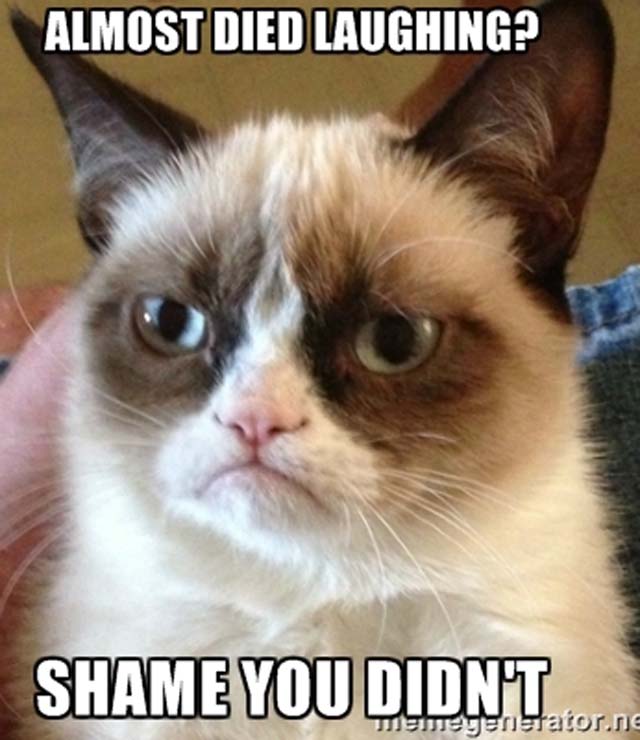
via memegenerator
Per the Comment Board on Gawker’s piece:
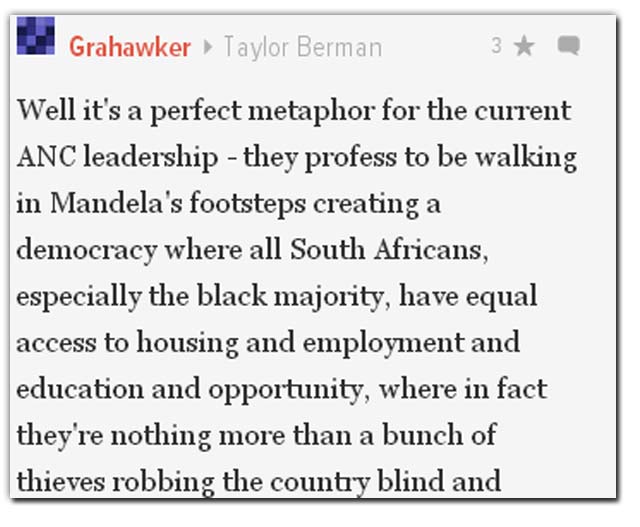
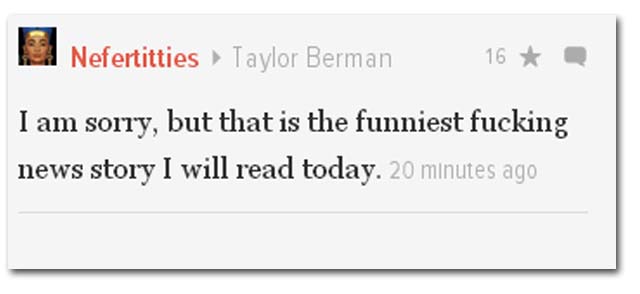
Along with the now infamous Obama selfie, comic awkwardness threatens to sully public memory of the Mandela funeral, or else provide some much needed levity, depending on who you ask.